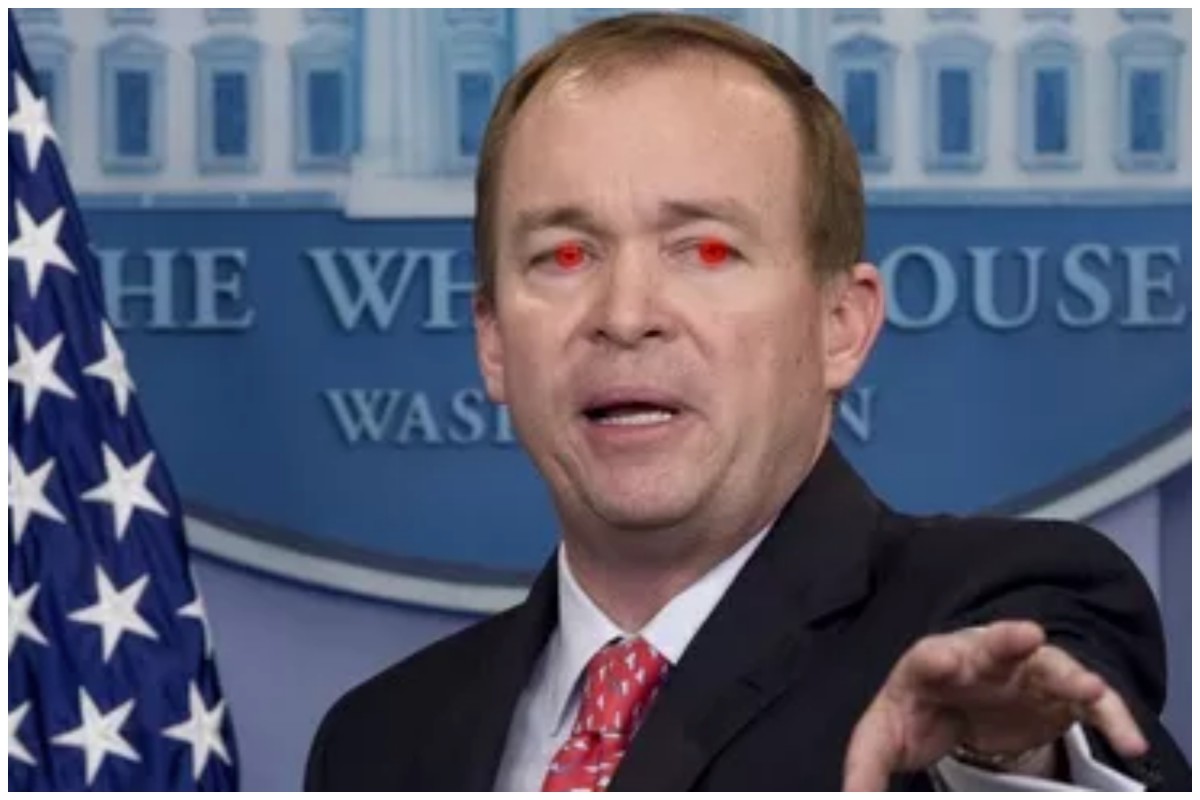In news akin to a wedding announcement jointly issued by the Hatfields and the McCoys, two longtime competitors in the legal research market, Casemaker and Fastcase, have merged, creating a single company under the Fastcase brand that has an estimated subscriber base of more than three quarters of all lawyers in the United States.
Just over a year ago, the two companies were in litigation against each other in federal court in Atlanta over Casemaker’s claims of copyright in Georgia administrative regulations. Early in December 2019, the companies stipulated to dismissing that litigation after reaching a settlement on undisclosed terms.
The rivalry between them extended back to both companies’ early years, as each competed to win the business of becoming the preferred member benefit of state and local bar associations. For years, one of my most popular posts remained an article I wrote in 2009 in which I did a head-to-head comparison of the two research services.
Now, the combined company’s subscriber base will include the bar associations of all 50 states, the District of Columbia, the U.S. Virgin Islands, and four-dozen metropolitan, county and specialty bar associations, for a total number of users of more than 1 million lawyers, out of an estimated 1.3 million lawyers in the country.
(Here are the lists of Fastcase’s bar partners and of Casemaker’s bar partners.)
“Starting today,” Fastcase cofounder and CEO Ed Walters said, “every member of a state bar in the country has access to legal research through our blended company.”
No Immediate Changes
In the immediate term, the merger will have no impact on those subscribers, as both the Casemaker and Fastcase research platforms will continue to operate in their present forms and under their former brand names.
Behind the scenes, however, the two companies will combine their teams and technologies with the goal of further innovating the research, analytics and workflow products they offer. All employees of both companies will remain with the merged entity, including Casemaker president and CEO Satish Sheth, who joins the Fastcase board of directors, and Fastcase cofounders Walters, CEO, and Phil Rosenthal, president.
Walters told me last night that no decision has been made about the fates of the two companies’ research platforms. Over time, the decision will be made whether to keep one or both or possibly even combine the best of each into a new platform.
Walters said he is most excited about the potential that comes from combining the editorial strength of Casemaker with the “innovative DNA” of Fastcase and the other brands under its umbrella, docket and analytics company Docket Alarm, bankruptcy platform NextChapter, and, its most recent acquisition, legal research company Judicata.
“Now every time we innovate, virtually every lawyer in America gets it right away,” Walters said.
One Plus One Equals Three
Talks leading to the merger began almost immediately after the companies settled their lawsuit in December 2019 and the merger became official on Jan. 1. Now, Walters said, they will go through an extended period of analyzing how best to take advantage of the companies’ different research libraries, data sources, and other assets.
“This is really one of those places where one plus one equals three,” he said. “Everybody’s services will get better, and all at the same time.”
Walters said that the bar associations with which it has affinity relationships will play a critical role in helping to define the future course of the company and the shape of its products.
“We have a lot of hard work ahead, but the benefit now is that we can talk to all the state bars about it, we can get their advice and guidance,” he said.
“It is clear how much more we can do together for our bar partners and firms,” Fastcase President Rosenthal, said in a company statement. “We have long admired what Casemaker has done for bar associations and their members. We have great appreciation for Casemaker’s editorial and production excellence and their deep understanding of the bar market.”
Although rivals in the marketplace, the two companies have long shared mutual respect, as I can personally attest to through conversations over the years with the leaders of both.
The companies also differ in their products and scope. Fastcase has diversified beyond legal research, launching its Full Court Press publishing arm and acquiring Docket Alarm and Law Street Media in 2018, NextChapter in 2019, and the technology and team of Judicata in 2020.
Casemaker, meanwhile, has built up a strong editorial arm for updating statutes and regulations, has a case law collection that includes more historic materials dating further back, and has its own caselaw citator in CaseCheck+.
“The combination of our two programs is long overdue, and now the fun really begins,” Casemaker President Sheth said in a statement. “The first thing we’re going to do, is what we always do, we’re going to put our customers first.”
Bottom Line
Casemaker was founded in the late 1990s when a Cincinnati attorney partnered with the Ohio State Bar Association to create a searchable database of Ohio cases. Walters and Rosenthal were associates at Covington & Burling when they left the firm to found Fastcase in 1999.
If you had asked me when Casemaker and Fastcase would ever merge, my answer would have been, “When hell freezes over.” Well, good thing I brought an overcoat.
The bottom line is that this is huge news. Not potentially huge. Huge now.
As much as I’ve portrayed this story as about the competition between Casemaker and Fastcase, the fact is they have both been competing against the legal research duopoly of Thomson Reuters (with Westlaw) and LexisNexis. Love them or hate them, Wexis, as some call the duo, have dominated the legal research market to an almost monopolistic extent.
In what might once have seemed a quixotic quest, both Casemaker and Fastcase have been gaining greater and greater traction over the years in becoming viable alternatives to Westlaw and Lexis, refining the sophistication of their research tools and rounding out the breadth and depth of their libraries.
Now, as a single company with a built-in subscriber base of more than three quarters of all U.S. lawyers, this new Fastcase is, more than ever before, a force to be reckoned with in defining the future of the legal research and publishing market.
LawNext Episode 45: As Fastcase Turns 20, Founders Recount Its History and Predict Its Future














 Scott Alan Burroughs, Esq. practices with
Scott Alan Burroughs, Esq. practices with 



 Claire E. Parsons is a Member at
Claire E. Parsons is a Member at